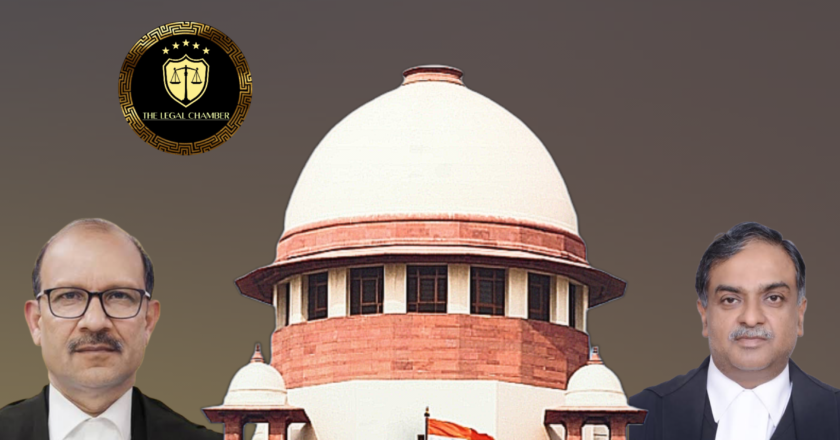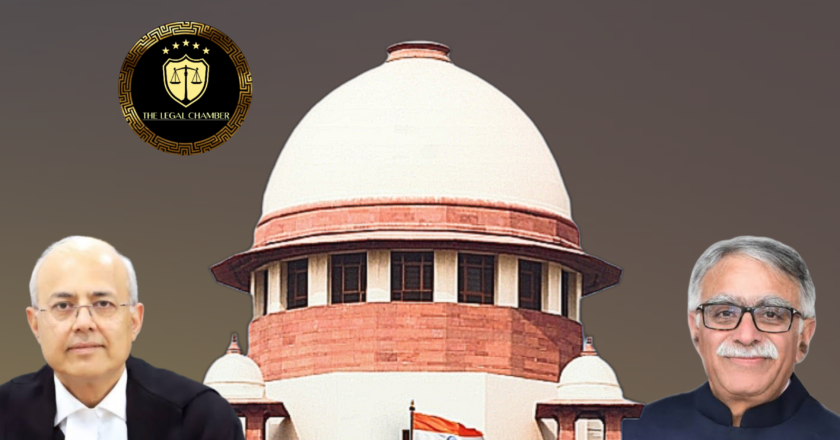Supreme Court’s Balancing Act in UAPA Bail Appeals :Trial Delay vs. Terror Charges
The Supreme Court, while dismissing appeals against bail grant and refusal under the UAPA, emphasized the prima facie test for bail under the stringent Act. It declined to interfere with the High Court's reasoned analysis of the chargesheet evidence, distinguishing the roles of the accused. The Court underscored the right to a speedy trial, directing the conclusion of proceedings within two years due to the accused's prolonged incarceration.
Facts Of The Case:
The case originated from an FIR registered in January 2020 against 17 individuals, including Saleem Khan (Accused No. 11) and Mohd. Zaid (Accused No. 20), for alleged conspiracy under the IPC and various offences under the UAPA and Arms Act. The allegations involved connections with terrorist activities and organisations. The inves...









